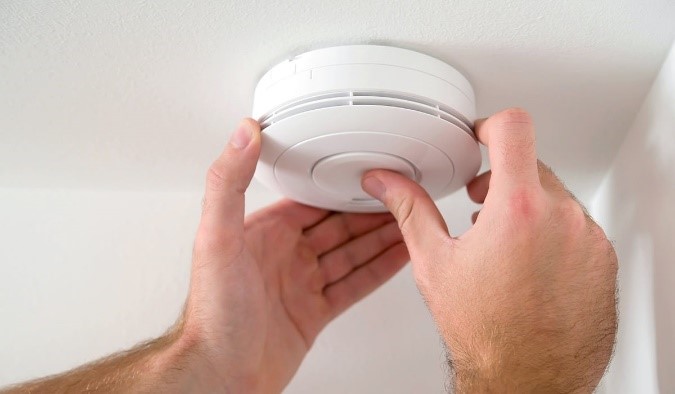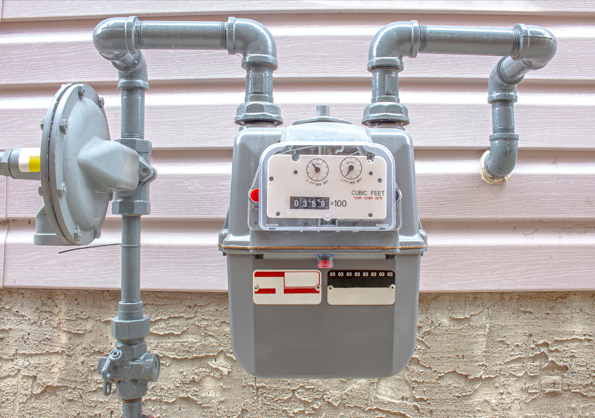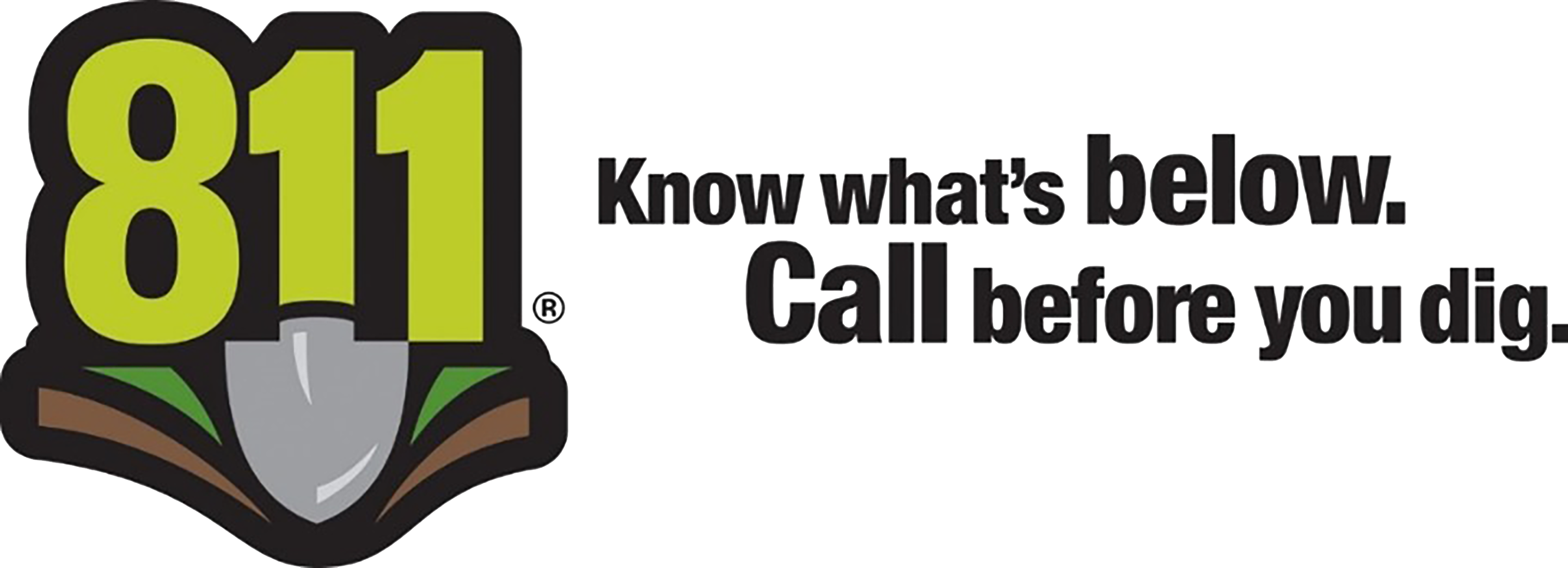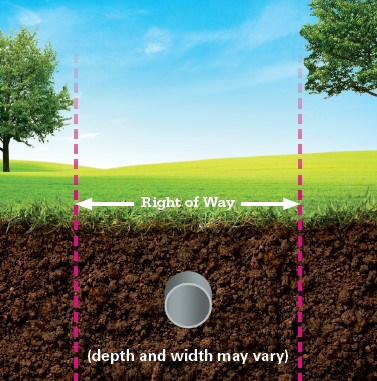Safety
Prevention: Inspect and Use CO Detectors

Smell Natural Gas or Suspect a Leak?
Report it! From a safe place, call 911 and Hope Gas at 800-934-3187.
A natural gas leak can be dangerous. Here are some tips to stay safe.
Signs of a Gas Leak


If a Leak Occurs
What Not To Do if You Suspect a Gas Leak
CO: Carbon Monoxide Gas
Dig Safely
Emergency Information
For 24/7 Emergency Service Call:
1-800-934-3187
To Report a Gas Outage Please Call:
1-800-934-3187
For billing or service-related questions please call:
You may also reach us via email at customercare@hopegas.com. We will respond to your email within 24 hours; Monday to Friday, 8am-5pm EST. Please note, this email is for billing and service inquiries. Do not use email to report a natural gas emergency.
1-800-688-4673

Four Reasons To Contact 811 Before You Dig


It Will Keep You Safe

It’s The Law
Waiting until the last minute could mean having to delay your project to allow time for representatives to come to your home to accurately mark buried utility lines.

It Prevents Damage & Unplanned Outages
Dig with care to ensure you do not hit a buried line which could result in the disruption of utility service for you and your neighbors. If a damaged line needs to be repaired, it could result in unplanned outages so workers can safely repair the lines. If you have your utility lines marked, and accidentally hit a Hope Gas pipeline or utility line, stop digging immediately and move to a safe distance away from the area. Call 911 immediately and then report the incident to Hope Gas.

It’s Free & Easy
If you are working with a contractor for your project, make sure you understand whose responsibility it is to make the request to have the utility lines marked. The service is free no matter who makes the request.
Once a request is submitted, crews in your area will mark your project area with color-coded lines, indicating the locations of underground utilities. Private utility lines are not marked by 811. Those include gas lines between your meter and the house, electric lines running from your home to a detached garage or shed, invisible pet fences, lines for satellite or dish television, septic tanks and links, and propane tanks or lines.
Summer Safety
Below are some summer tips and guidelines to ensure the safety of our customers, our employees, and the public.
Keep Clear of Right of Way Corridors
Hope Gas inspects the right of way corridors that help maintain the integrity and safety of natural gas pipelines. A right of way is a strip of land in which some of the property owner’s legal rights have been granted to another. A right of way agreement, called an “easement,” allows a company to construct, operate, repair and maintain facilities on the property. Easements are usually filed as a public record with property deeds. Rights of way must be kept free of structures and other obstructions. Never dig without first calling the state’s one-call notification system, WV811. To ensure pipeline integrity:


